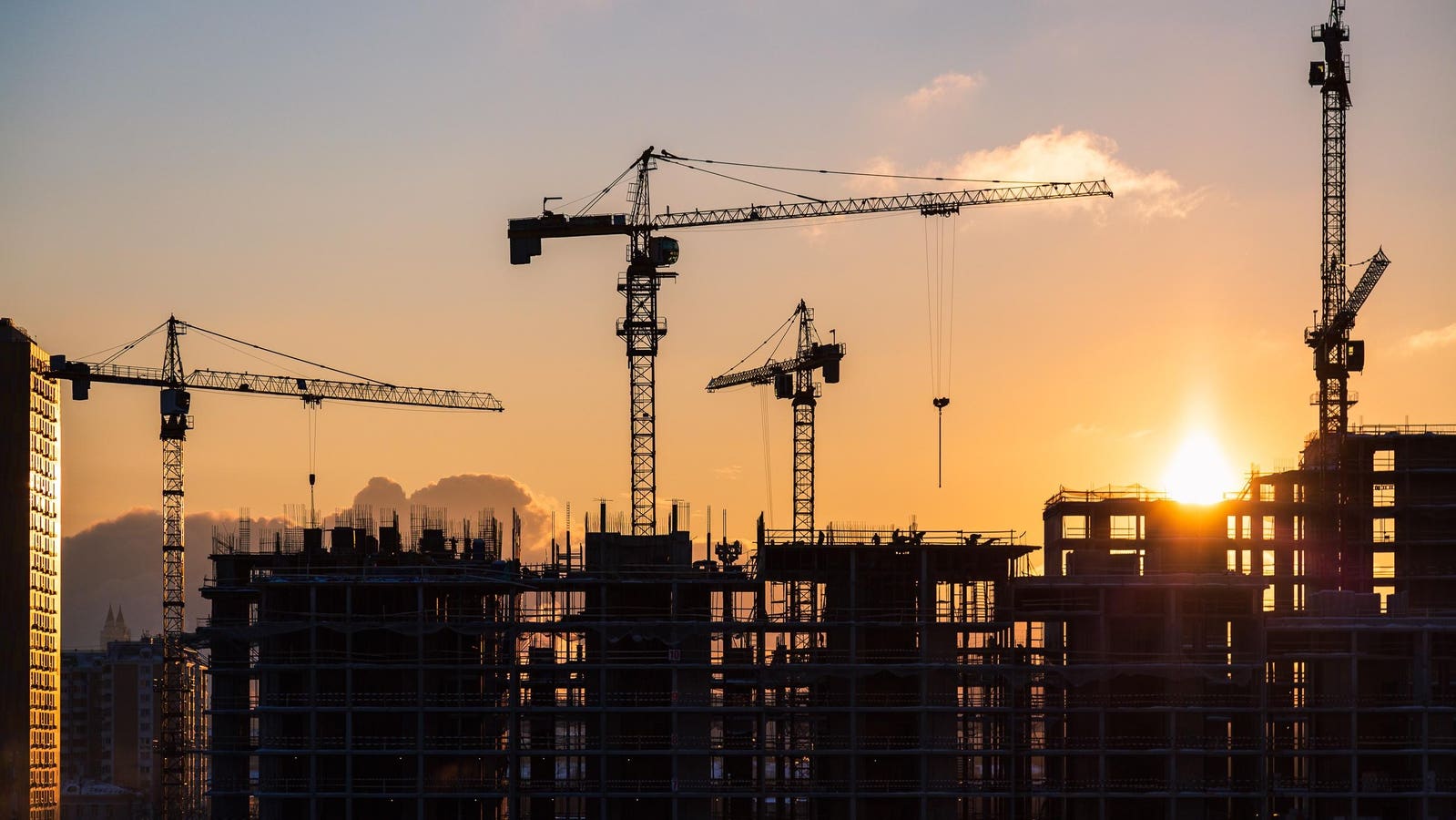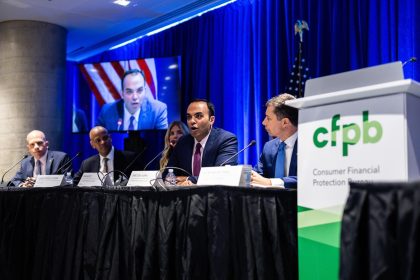The economic headwinds we’ve experienced brings a unique set of obstacles for leaders in the construction industry. As someone who started their career as a builder, I understand firsthand the pressures of making the best business decisions regarding new projects and investment opportunities.
Speaking recently with a group of our experienced real estate clients has shed light on the most prominent questions filling their minds: Are rates going to be cut soon? Is now the time to hold off or take on new projects? How aggressive can I be? Is the housing market going to cool? How about the rental market?
In this moment of rising costs and economic turbulence, it’s important for builders and developers to adopt strategies that mitigate excessive risks, while improving business outcomes through a cautious and measured approach to growth. While the current environment poses several challenges, it also offers an opportunity for builders to innovate and adapt.
Embrace Strategic Thinking
In today’s economic climate, inflation has resulted in higher material costs, increased wages, all while the interest rate environment has led to a higher cost of capital. Even though the era of cheap money is over, this doesn’t mean the end of new projects. As long as there is a need for more housing, developed land, and office space, there is a need for construction. We find ourselves in a unique environment and there are many opportunities to take advantage of, with the right approach.
When it comes to strategic planning, don’t assume yesterday’s wins will drive success tomorrow:
Here are some tips based on experience and what we’re seeing working with our clients:
Rethink Project Design and Execution:
- Sensible Projects: Now is the time to make smart, calculated decisions, rather than over-extend. Shift to smaller, more manageable projects like condominiums instead of large multi-family units. This can reduce risk and make it easier to control costs.
- Fill a Need: Focus on filling a gap that exists in your market, rather than striving for an attractive sounding project. Instead of a high-end luxury building, establish realistic goals and consider if a mid-tier is more needed.
- Factor in Increased Costs into Consumer Behavior: Monitoring consumer preferences is crucial, as these may shift towards more affordable housing solutions in times of economic uncertainty. For the past few years, it was easy to beat pro-formas as rental costs continued to rise. That may not be the case anymore, and consumers may be looking for more competitive offerings in housing.
- Plan Cost Efficiently: Instead of traditional luxury finishes, consider more cost-effective alternatives that do not compromise quality. For instance, opting for mid-range appliances instead of high-end ones can significantly cut costs without sacrificing appeal.
- Embrace Digital Tools: Leverage digital tools for better project management, from sourcing materials to coordinating with contractors. This can streamline operations and cut down on delays.
- Explore Relationship-Based Lending: Work with banks that are committed to the community and understand the local market. Banks like ConnectOne Bank continue to support builders through relationship-based lending, focusing on long-term partnerships rather than short-term gains.
Stay Ahead of the Curve
Despite economic challenges, the housing market continues to show resilience. Builders will benefit from focusing on the underlying demand for housing driven by population growth and urbanization. Keeping a close eye on market trends can help identify areas with high demand and low supply, guiding decisions on where to invest and build.
—
By focusing on strategic project design, adopting new technologies, and leveraging smart financing options, builders can not only overcome the fear factor of this inflationary period but also thrive in it. It’s critical not to avoid new projects but to approach them with a well thought-out plan that accounts for the current economic realities.
Banks invested in their communities, like ConnectOne Bank, are ready to support builders with the resources and expertise needed to navigate these times. By being proactive and strategic, builders can continue to play a vital role in providing much needed housing and contributing to the overall development of our communities.
Read the full article here





